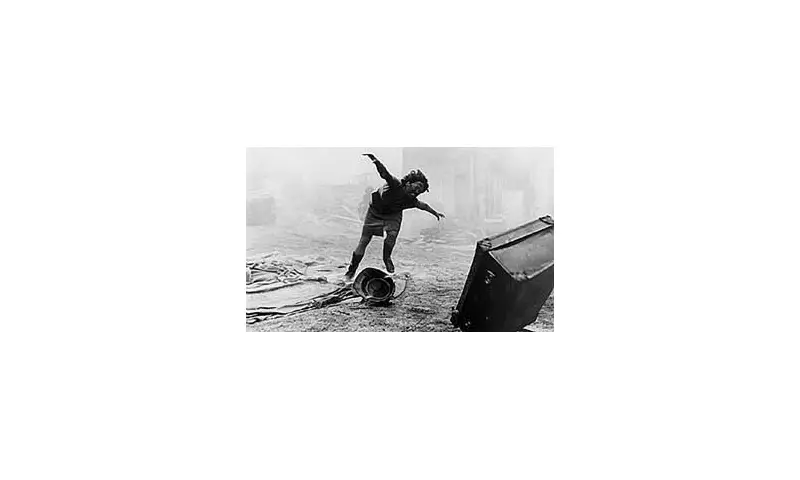
The BBC made a dramatic decision that would echo through broadcasting history when it banned one of the most powerful and disturbing films ever created about nuclear warfare. 'The War Game', a groundbreaking 1965 drama that depicted the horrifying reality of a nuclear attack on Britain, was deemed too shocking for public viewing and remained shelved for nearly two decades.
The Film That Terrified the Establishment
Directed by visionary filmmaker Peter Watkins, who recently passed away at age 90, 'The War Game' employed documentary-style techniques that made its apocalyptic vision feel terrifyingly real. The film portrayed the complete breakdown of society following a nuclear strike on Britain, showing graphic scenes of mass casualties, social collapse, and the brutal measures authorities would take to maintain order.
Too Real for Television
What made 'The War Game' particularly controversial was its unflinching realism. Watkins conducted extensive research, consulting with emergency services and civil defence experts to create the most accurate portrayal possible of nuclear aftermath. The resulting film was so convincing that BBC executives feared it would cause widespread panic and despair among viewers.
'The effect of the film has been judged by the BBC to be too horrifying for the medium of broadcasting,' the corporation stated at the time, justifying their unprecedented decision to withdraw the film from scheduled transmission.
Critical Acclaim Despite Censorship
Despite the BBC ban, 'The War Game' went on to achieve remarkable recognition. It won the Academy Award for Best Documentary Feature in 1967, creating an awkward situation for the BBC, which found itself in the position of having produced an Oscar-winning film it refused to show the British public.
Limited Screenings and Lasting Impact
The film eventually saw limited theatrical release and was shown in film societies and educational settings, where it became a powerful tool for the anti-nuclear movement. It wasn't until 1985, twenty years after its creation, that the BBC finally broadcast 'The War Game' to British audiences.
Peter Watkins' groundbreaking work continues to influence filmmakers and remains a chilling reminder of the Cold War era's pervasive fears. His passing marks the end of an era for provocative documentary filmmaking that challenged audiences and authorities alike.





